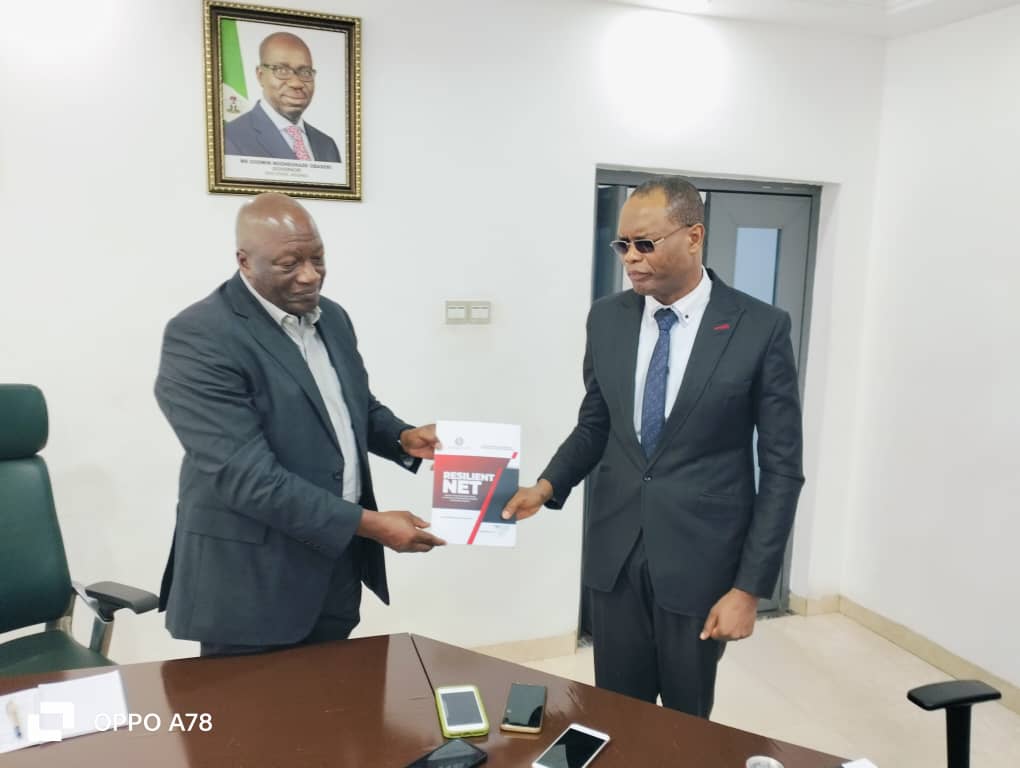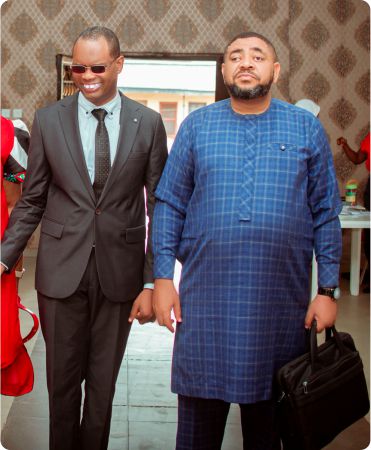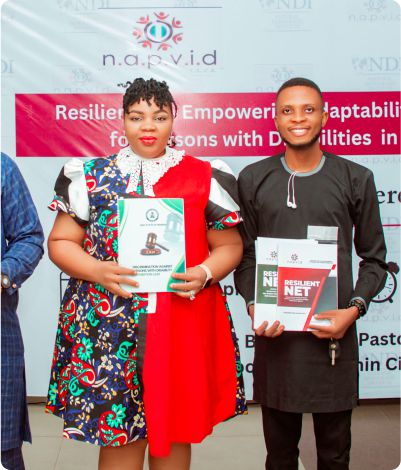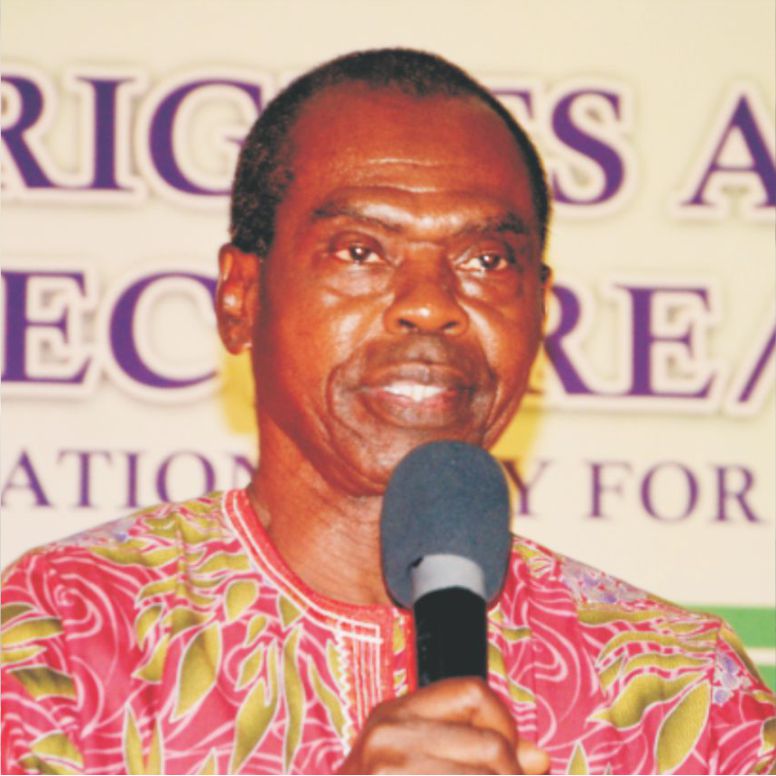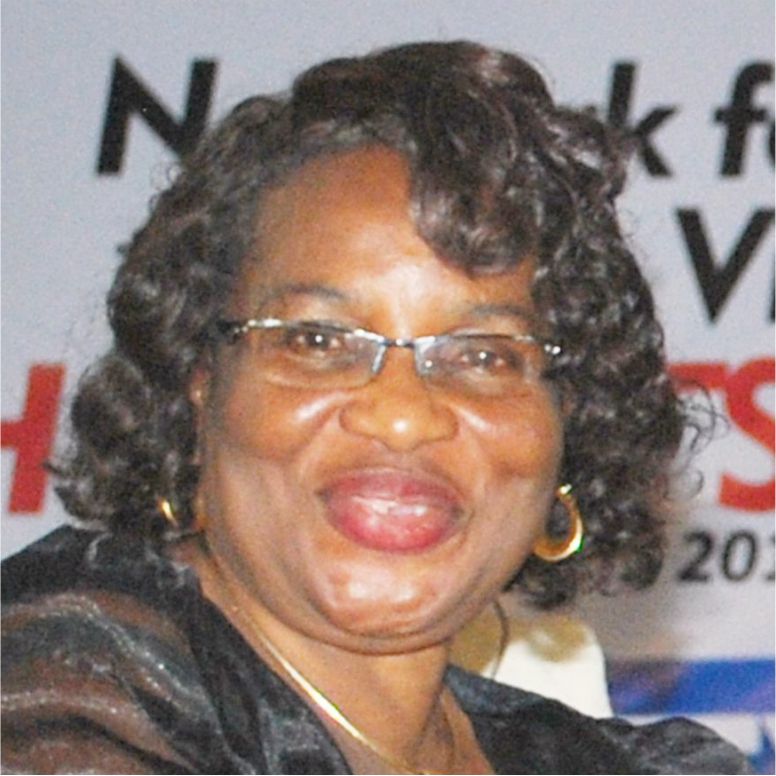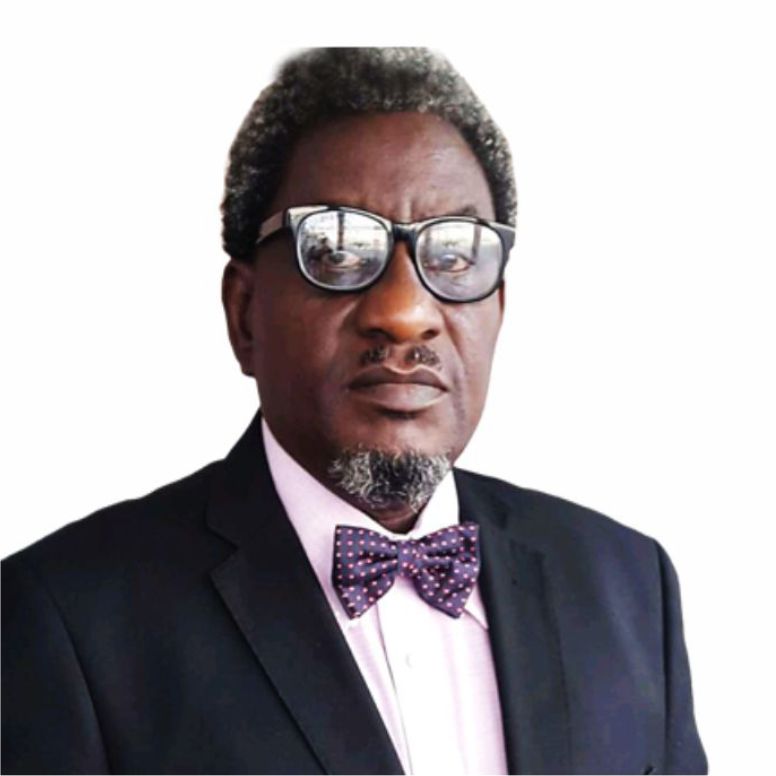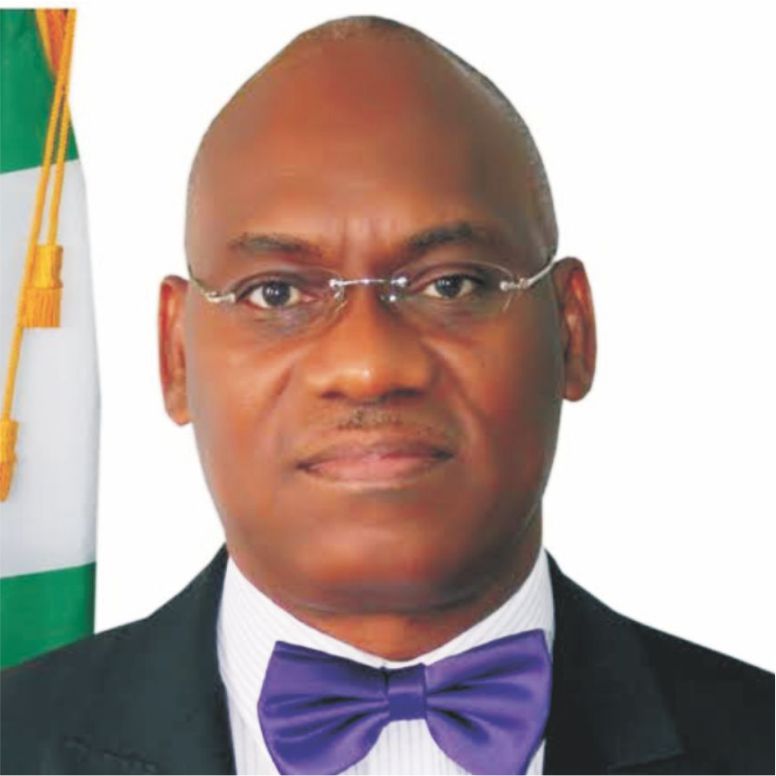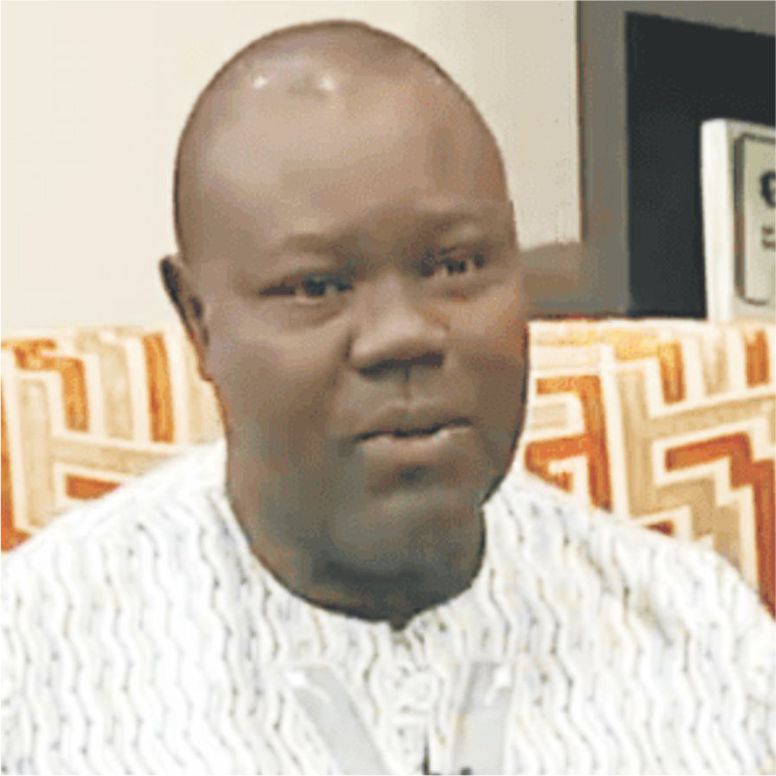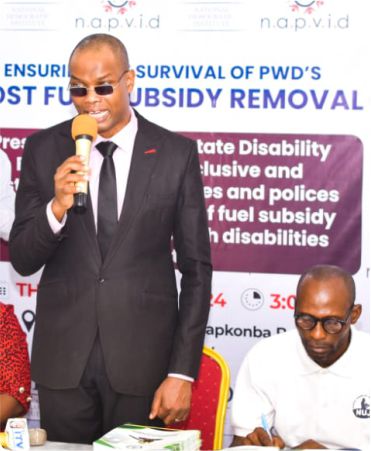About Napvid
The Network for the Advancement of People with Visible Disabilities (NAPVID) is a non-governmental, not-for-profit organization based in Benin City, Nigeria. Established with the mission to empower, rehabilitate, and advocate for social justice for People with Disabilities (PWDs), NAPVID is committed to creating an inclusive society where PWDs can succeed and take part fully in all aspects of life.
The organization's approach is deeply rooted in community engagement, involving beneficiaries and stakeholders in the planning and implementation phases of projects. This ensures that NAPVID's initiatives are responsive to the needs of the community.
Continue Reading
The Network for the Advancement of People with Visible Disabilities (NAPVID) is a trailblazing non-governmental organisation based in Benin City, South-South Nigeria. Established with a vision of an inclusive society free from discrimination, NAPVID is dedicated to advocacy, empowerment, rehabilitation, and the promotion of social justice for persons with disabilities. Under the leadership of Melody Omosah Esq., a dynamic and charismatic visually impaired lawyer, the organisation continues to push for the inclusion of PWDs in governance and development efforts across Nigeria.
NAPVID’s roots trace back to 1988, when a group of visually impaired students in Bendel State (now Edo and Delta States) came together to form the Bendel State Association of the Blind (BENSAB). After the creation of Edo State from Bendel State in 1991, BENSAB became Edo State Association of the Blind (ESAB). Initially established as a welfare-focused association, ESAB aimed to provide support and assistance to visually impaired individuals in education, employment and social integration.
Recognizing the need to advance the collective interests of persons with disabilities for an egalitarian society with equal rights and prospects,, the founding members decided to expand their focus beyond visual impairment, adopting a more holistic and strategic approach to disability rights advocacy. This led to the transformation of ESAB into NAPVID, an organisation advocating for all disability types and pushing beyond charity to demand real systemic change. In 2008, NAPVID was first registered as Network Advocacy for Persons with Visible Disability with the Edo State Ministry of Women Affairs and Social Development. In 2015, the organisation achieved full corporate recognition under the Corporate Affairs Commission of Nigeria, as the Network for the Advancement of People with Visible Disabilities.
NAPVID’s journey is one of relentless advocacy and innovative programming. It began by challenging the status quo, driven by a commitment to ensure that persons with disabilities are not only seen but are active, influential participants in all spheres of life. This commitment found a powerful expression in the “Access Nigeria: Disability Votes Matter” campaign, (conveyed by the Inclusive Friends Association), where NAPVID spearheaded the introduction of the Braille Ballot Guide—a tool that revolutionized the electoral process by enabling visually impaired voters to cast their ballots independently, first during the 2019 general elections and subsequently in other general elections and off-season governorship contests. This initiative did more than just facilitate voting; it sent a resounding message about the indispensable role of persons with disabilities in the democratic process.
Beyond the ballot box, NAPVID has cultivated an ecosystem of empowerment through a suite of programs designed to uplift and transform lives. The organisation has been at the forefront of vocational training initiatives, implementing several projects aimed at improving health, education, and livelihood outcomes.
One such initiative is Project HELP, which focuses on managing vulnerabilities and ensuring disability-inclusive social protection in Edo State which was made possible with the support of Edo State Government. Through this project, over 4,000 PWDs have benefited from various opportunities, including scholarships, vocational training, and employment placements within government ministries and agencies.
Additionally, NAPVID has organized empowerment programs providing start-up grants and equipment to physically challenged individuals across Edo State. Beneficiaries have received items such as generators, industrial machines, and sewing machines to support their entrepreneurial endeavors, promoting self-reliance and economic independence.
Equally significant is NAPVID’s intervention in the realm of inclusive education. The organisation passionately advocates for educational environments that accommodate all learners, emphasizing that quality education is a fundamental right. After a Needs Assessment report of Special Schools in Edo State, NAPVID working with relevant government institutions and expert academia in special education, produced a 10-year policy document on inclusive education titled “Disability-centred Inclusive Education Strategic Roadmap for Edo State” (DIESTRES). The policy is to progressively guarantee education for the more than 80,000 out of school children with disabilities. Additionally, NAPVID has supported initiatives that integrate special education programs and promote the use of assistive technologies. These measures are designed to break down longstanding barriers in schools, ensuring that children with disabilities can access and thrive in learning environments that respect their unique needs and talents. Furthermore, several special needs students from primary to tertiary level have benefited from full or partial scholarship support to cater for the learning needs of these special students.
Moreover, in times of crisis, NAPVID has demonstrated its commitment to resilience through projects like the ResilientNet initiative, supported by the National Democratic Institute. This project was conceived to address the vulnerabilities exposed by emergency situations, such as the 2023 fuel subsidy removal, which disproportionately affected persons with disabilities. By conducting comprehensive focus group discussions and administering targeted questionnaires across Edo State, NAPVID gathered critical data that informed their advocacy for government intervention. The insights from ResilientNet not only highlighted the urgent needs of the community but also spurred initiatives that aim to bolster the adaptability and well-being of PWDs during challenging times.
Today, NAPVID stands as a beacon of hope and transformation-a testament to what can be achieved when determination meets compassion. Its narrative is woven with stories of individuals who have risen above societal barriers, of communities coming together in solidarity, and of a relentless pursuit of justice and inclusion. In every campaign, every training session, and every policy dialogue, NAPVID reaffirms its belief that every person deserves the opportunity to contribute, thrive, and be celebrated. Through its multifaceted programs and unwavering advocacy, NAPVID continues to push for a society that will respect and protect the dignity and equality of PWDs, in order to attain a future where inclusion is not an aspiration, but a reality for all.
